Politics and Government
Florence Nightingale Levy
Florence Nightingale Levy’s most significant achievement was the founding of the American Art Annual in 1898. A comprehensive directory of the American art world, the Annual catalogued schools, associations, exhibitions, and artists nationwide. Levy went on to perform invaluable editing, organizing, and educational roles in the American art world for the next fifty years.
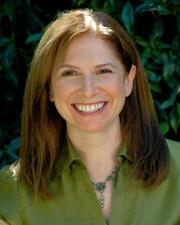
Naomi Levy

Sandy Levy

Stella Levy
Stella Levy was an early leader of the Women’s Corps of the Israel Defense Forces, serving as commanding officer from 1964 to 1970.
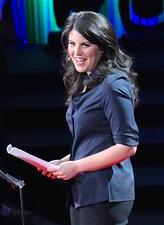
Monica Lewinsky
Ruth Lewinson
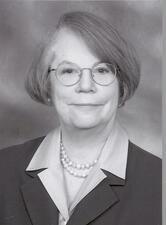
Ann Lewis
Vicki Lewis
Bella Lewitzky
Bella Lewitzky, a maverick in the world of modern dance, distinguished herself as a preeminent performer, choreographer, artistic director, educator, public speaker, and civic activist. Defying norms that posited New York City as the center of American dance, she maintained the Lewitzky Dance Company in Los Angeles. She was known for two highly publicized encounters with the federal government and risking professional ostracism to stand upon principle.
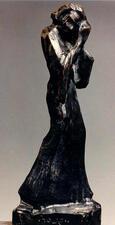
Batia Lichansky
Batia Lichansky, Israel’s first woman sculptor, famously expressed the pioneer Zionist spirit during the formative years of the State of Israel through her portrait sculptures, reliefs, and memorials sculpted in stone, wood, and bronze. After studying across Europe, Lichansky became a prominent Israeli artist and won the Tel Aviv-Jaffa Dizengoff Prize twice, in 1944 and 1957.
Mischket Liebermann
Mischket Liebermann was an actress who was an active member of the KPD (Communist Party of Germany). Known for her roles in Scholem Asch’s Bronx Express and Ernst Toller’s Hoppla, Liebermann performed throughout Germany and the Soviet Union. After 1945, she participated in the cultural reconstruction of East Germany.
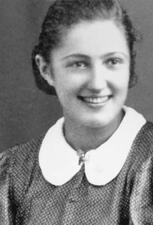
Rivka Kuper Liebeskind
Rivka Liebeskind joined the Akiva Zionist movement as a teenager, becoming a leader in her local chapter and encouraging members to continue their activities after the German occupation began. When the movement transitioned to resistance activities in 1942, she aided young people escaping the Krakow ghetto. Liebeskind survived her deportation to Birkneau and moved to Israel after the war.

Belda Lindenbaum
Belda Lindenbaum was driven by the birth of her daughters to create new opportunities for Jewish women and girls.
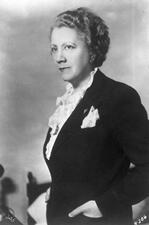
Irma Levy Lindheim
Irma Levy Lindheim was a colorful American Zionist millionaire, fund-raiser, and educator. Called “the grandmother” of the kibbutz for helping found and sustain multiple kibbutzim, Irma Levy Lindheim also made phenomenal contributions to fundraising and organizational efforts to create and maintain the fledgling State of Israel.
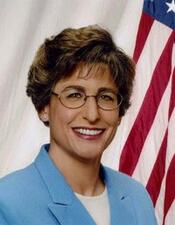
Linda Lingle
Linda Lingle was only the second Jewish woman to be elected a United States governor when she became governor of Hawaii in 2002. Previously serving on the Maui County Council and as Maui’s mayor, Lingle became Hawaii’s first woman and Jewish governor when she was elected.
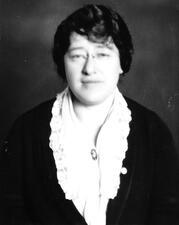
Ida Lippman

Lorna Lippmann
Lorna Lippmann (1921-2004) was an Australian researcher and educator who devoted much of her life to the promotion of Aboriginal rights. She was an activist, academic researcher, author, government advisor, and community relations practitioner. Aboriginal leaders praised her pioneering contributions.
Charlotte Lipsky
Charlotte Schacht Lipsky found an unusual balance between activism and pragmatism: on one hand, a follower of the revolutionary Emma Goldman, on the other, the owner of a successful interior decorating business. In her later years, she was involved in Hadassah and the Women’s American ORT, an organization that taught trade skills to Jews around the world.
Alice Springer Fleisher Liveright
Social worker Alice Springer Fleisher Liveright devoted much of her life to working for equal rights for women and African Americans, and for social welfare for children and poor adults. Passionate in her quest for social justice, she served as president of the Juvenile Aid Society, president of the Philadelphia Conference of Social Work, and as the Pennsylvania State Secretary of Welfare.
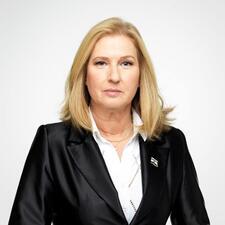
Tzipi Livni
Tzipi Livni is a politician, lawyer, and diplomat who has held the more government roles than any other woman in Israeli history. Widely respected for being judicious and resolute, Livni is most known for her long tenure in the Israeli Knesset with the Likud, Kadima, Hatunah, and Zionist Union parties, for her role as a leader in Israeli-Palestinian peace negotiations, and for her longstanding commitment to advancing international diplomacy.
Johanna Loeb
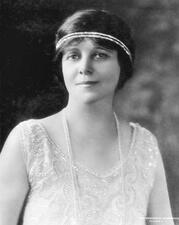
Sophie Irene Simon Loeb
At a time when widowed mothers often had no way to support their children, Sophie Irene Simon Loeb helped create support systems for needy children and their mothers. Loeb was one of many women to enter the political arena through reform work, using her life experience and a personalized approach.
Sadie Loewith

Hildegard Löwy
Born in 1922, Hildegard Löwy was the youngest member of the Baum Gruppe, a mainly Jewish resistance group against the Nazis. She had firm Zionist and pacifist principles and believed communism was the best way for Jews to obtain equal rights. Arrested in April 1942, Löwy tried to escape from prison but was ultimately convicted of Communist treason and executed in a Berlin prison.
Fannie Eller Lorber
When her community became a mecca for adults suffering from tuberculosis, Fannie Eller Lorber created a Jewish children’s home for those who had no one else to care for them. Lorber epitomized the volunteer spirit of urban Jewish women in the American West.


